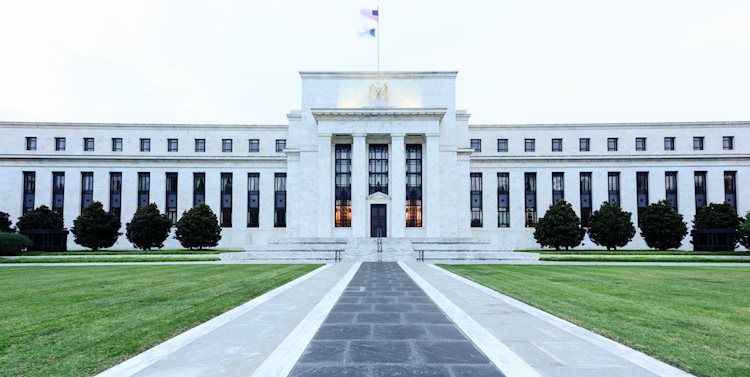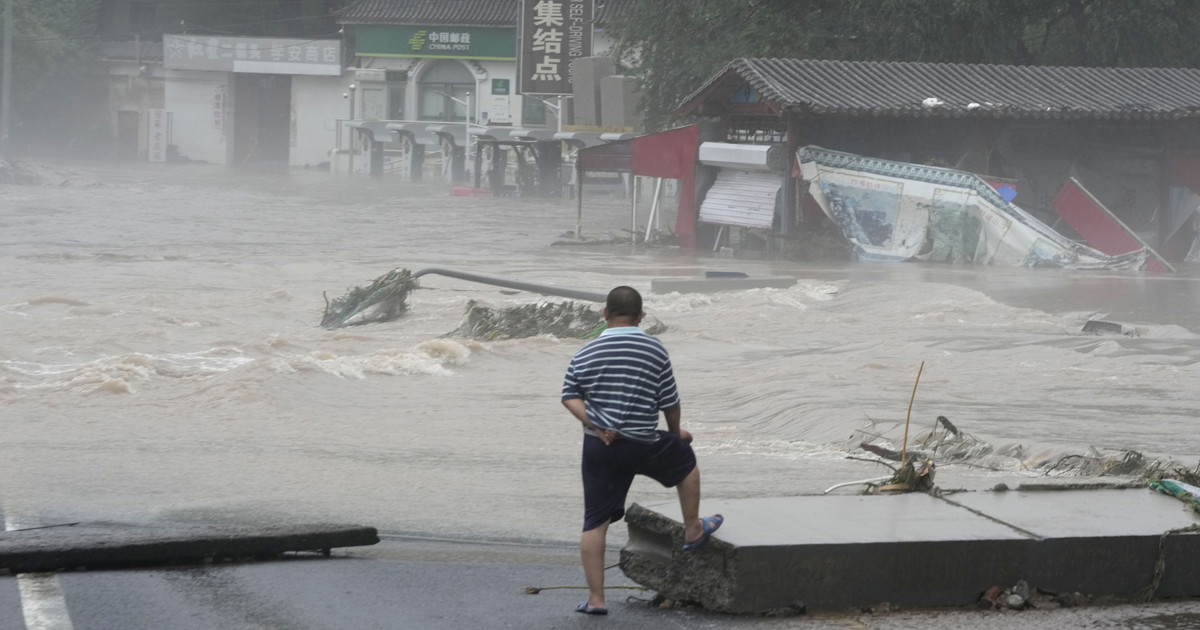Italians are voting on Sunday in national elections in which the far-right Brothers of Italy party – led by Giorgia Meloni, who could become the country’s premier – looks set to make big gains after the collapse of two governments since the last election.
His ultraconservative party, whose origins lie in post-war fascism, currently controls just two of Italy’s 20 regions and won just 4.5% of the vote in the 2018 elections.
But since the collapse of former prime minister Mario Draghi’s coalition earlier this year – which triggered the snap elections – the Brothers of Italy have only grown in popularity, with recent polls suggesting nearly a quarter of the electorate supporting the party.
By midday, voter turnout in Italy was slightly lower than during the previous election in 2018, according to data published Sunday by the Italian Interior Ministry.
This Sunday, the polls will remain open until 23:00 local time (18:00 GMT). The 2018 vote resulted in a suspended parliament.
Who is Giorgia Meloni and the origin of her popularity
Meloni, a 45-year-old mother from Rome who campaigned under the slogan “God, Country and Family”, leads a party whose agenda is rooted in Euroscepticism, anti-immigration policies and which has also proposed watering down LGBTQIA+ rights and abortion. .
His astronomical rise in popularity is a reflection of Italy’s long-standing rejection of mainstream politics, seen more recently with the country’s support of anti-establishment parties such as the Five Star Movement and Matteo Salvini’s League.
Meloni’s partners in Italy’s centre-right political alliance, Forza Italia’s Salvini and Silvio Berlusconi, are partly responsible for his popularity.
In 2008, Berlusconi named her his Minister of Sport, making her the youngest minister to hold that role.
And in the 2018 elections, Meloni was Salvini’s partner in the center-right alliance. But this time, she is in charge and has hinted that if elected, she might not give Salvini a ministerial portfolio – which would strip him of the power to potentially topple his government.
Democratic Party and its alliances
Trailing in recent polls is the centre-left coalition, led by the left-wing Democratic Party and centrist +Europe parties. The parties formed an alliance with another centrist party, Azione, after Draghi’s resignation to counter a shift to the right, but it broke soon after its formation, opening the doors even further to Meloni.
The election backlog was dominated by controversial issues, including Italy’s cost-of-living crisis, a €209 billion package from the European Covid-19 recovery fund and the country’s support for Ukraine.

Meloni placements
Meloni differs from Berlusconi and Salvini on a number of issues, including Ukraine, and has no connection to Russian President Vladimir Putin, unlike his partners, who have said they would like to review sanctions against Russia because of its impact on the economy. italian.
Meloni has been steadfast in his support for Ukraine’s defense.
The Democratic Party, led by former Prime Minister Enrico Letta, strongly opposes Putin and his war in Ukraine, openly supports LGBTQIA+ rights, including same-sex marriage – which was legalized in 2016 in Italy – and the legislation to combat homophobia.
Meloni’s policy, however, does not mean she is necessarily interested in promoting women’s rights.
Emiliana De Blasio, advisor for diversity and inclusion at LUISS University in Rome, told CNN that Meloni’s politics is more important than her gender, but that she has not proven herself to be a feminist.
“We need to reflect on the fact that Giorgia Meloni is not raising every question about women’s rights and empowerment in general,” she said.
Far right in other countries
The Italian elections come as other far-right parties in other European countries have marked recent gains.
In France, despite the fact that far-right candidate Marine Le Pen lost the French presidential election to Emmanuel Macron in April, her supporters were heartened by her participation in the popular vote, which shifted France’s political center dramatically to the right.
And in Sweden, the anti-immigration Swedish Democrats, a party with neo-Nazi roots, is expected to play a major role in the new government after winning the second-largest share of seats in a general election earlier this month.
If Meloni’s party wins, it can confirm that the resurgent populist wave sweeping Europe could be here to stay.
*Barbie Latza Nadeau and Luke McGee, from CNN
Source: CNN Brasil
I’m James Harper, a highly experienced and accomplished news writer for World Stock Market. I have been writing in the Politics section of the website for over five years, providing readers with up-to-date and insightful information about current events in politics. My work is widely read and respected by many industry professionals as well as laymen.






